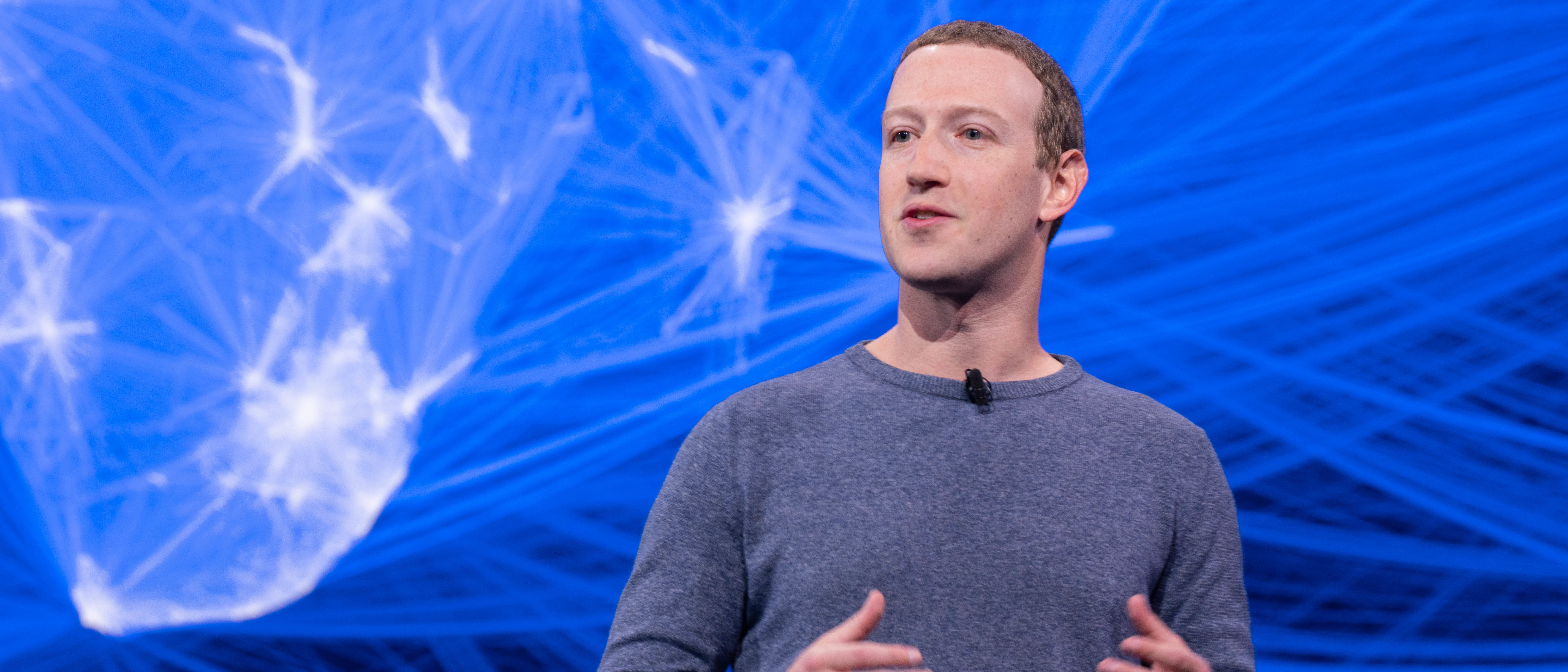Legal/Law/Criminal Justice and Reform
Mark Zuckerberg’s Overdue Admission About Government Censorship Could Offer Fuel For First Amendment Claims

Flickr/Anthony Quintano
Mark Zuckerberg’s admission that the Biden-Harris administration pressured Facebook to censor speech could provide support for First Amendment claims against the federal government, according to legal experts and attorneys working on pending lawsuits.
In a letter Monday to House Judiciary Committee Chairman Jim Jordan, Zuckerberg said he regrets his company’s silence in the face of government pressure to censor content and compliance when asked to suppress speech it otherwise would have permitted. Zuckerberg’s admission, which strikes at a key question about the role of platforms in pending cases against the Biden administration, could support First Amendment claims going forward.
“Mark Zuckerberg regrets his censorship because our lawsuit exposed it,” Missouri Attorney General Andrew Bailey said in a statement to the Daily Caller News Foundation. “He was caught red-handed. We are moving forward undeterred in Missouri v. Biden to wipe out the censorship regime once and for all.”
In June, the Supreme Court held that plaintiffs in the Murthy v. Missouri case, who included the states of Missouri and Louisiana, as well as individuals whose speech was censored, did not have standing to obtain an injunction blocking the Biden administration from coercing or “significantly encouraging” platforms to censor speech. Justice Amy Coney Barrett wrote in the majority opinion that plaintiffs failed “to link their past social-media restrictions to the defendants’ communications with the platforms.”
New Civil Liberties Alliance litigation counsel Jenin Younes said Zuckerberg’s admission doesn’t change the Supreme Court’s standing analysis for the plaintiffs in Murthy, though it “certainly strengthens the First Amendment claim.”
“The Court would likely say this doesn’t establish that any of the specific plaintiffs were censored because of the government, even though Zuckerberg does acknowledge that the government improperly exerted influence over Meta’s content moderation decisions,” Younes told the DCNF. “While Zuckerberg tries to hedge by saying ultimately the platform made its own choices, it’s clear those choices were driven by the government’s pressure campaign, as he admits that in hindsight Meta would have done things differently.”
🚨 Mark Zuckerberg admits it—they thought they could get away with censoring Americans, but the truth is out!
The Biden Administration’s disregard for free speech has been exposed by our case, Murthy v. Missouri. Under the guise of fighting “misinformation,” they silenced expert… pic.twitter.com/zVl85oEdOn
— New Civil Liberties Alliance (@NCLAlegal) August 27, 2024
Younes said Zuckerberg is “talking out of both sides of his mouth.”
“Zuckerberg has a motivation to portray the company’s censorship decisions as it’s alone: theoretically, if courts find Meta was acting as an arm of the government, the company could be liable as a state actor for monetary damages based on harm censored individuals suffered,” she explained.
District Court Judge Terry Doughty ordered the parties in the Missouri case Tuesday to brief their positions on whether additional discovery would help him evaluate whether the case should move forward. NCLA senior litigation counsel John Vecchione previously told the DCNF they would seek more evidence of coercion through discovery once the case returned to the district court.
Last week, Doughty found Robert F. Kennedy Jr. did meet the standard set by the Supreme Court given the “ample evidence” demonstrating government actors specifically directed platforms to censor his content, enabling his case against the government to move forward.
George Washington University law professor Jonathan Turley wrote Tuesday in a Fox News column that Zuckerberg’s “belated contrition was more insulting than inspiring,” noting that he stayed silent for years. He said Vice President Kamala Harris “should have to take ownership of the censorship system maintained by the administration.”
“Democracy is not on the ballot in 2024, as many have claimed, but free speech is,” he wrote.
Regardless of what any court holds, Manhattan Institute Director of Constitutional Studies Ilya Shapiro told the DCNF that Zuckerberg’s statement “makes the government look really, really bad.”
“This is conclusive proof that it wasn’t just the tech platforms acting because they themselves agreed with certain political points,” he said. “It was the government actively applying pressure.”
All content created by the Daily Caller News Foundation, an independent and nonpartisan newswire service, is available without charge to any legitimate news publisher that can provide a large audience. All republished articles must include our logo, our reporter’s byline and their DCNF affiliation. For any questions about our guidelines or partnering with us, please contact [email protected].

